Global Innovations in MSW Recycling Systems
Global Advances in MSW Recycling Systems: Paving the Way for Sustainable Waste Management
November 4, 2024 – As the world grapples with the ever-increasing volume of municipal solid waste (MSW), innovative solutions are emerging to address this critical environmental challenge. Recent advancements in MSW recycling systems are not only improving the efficiency of waste management but also contributing to global sustainability goals.
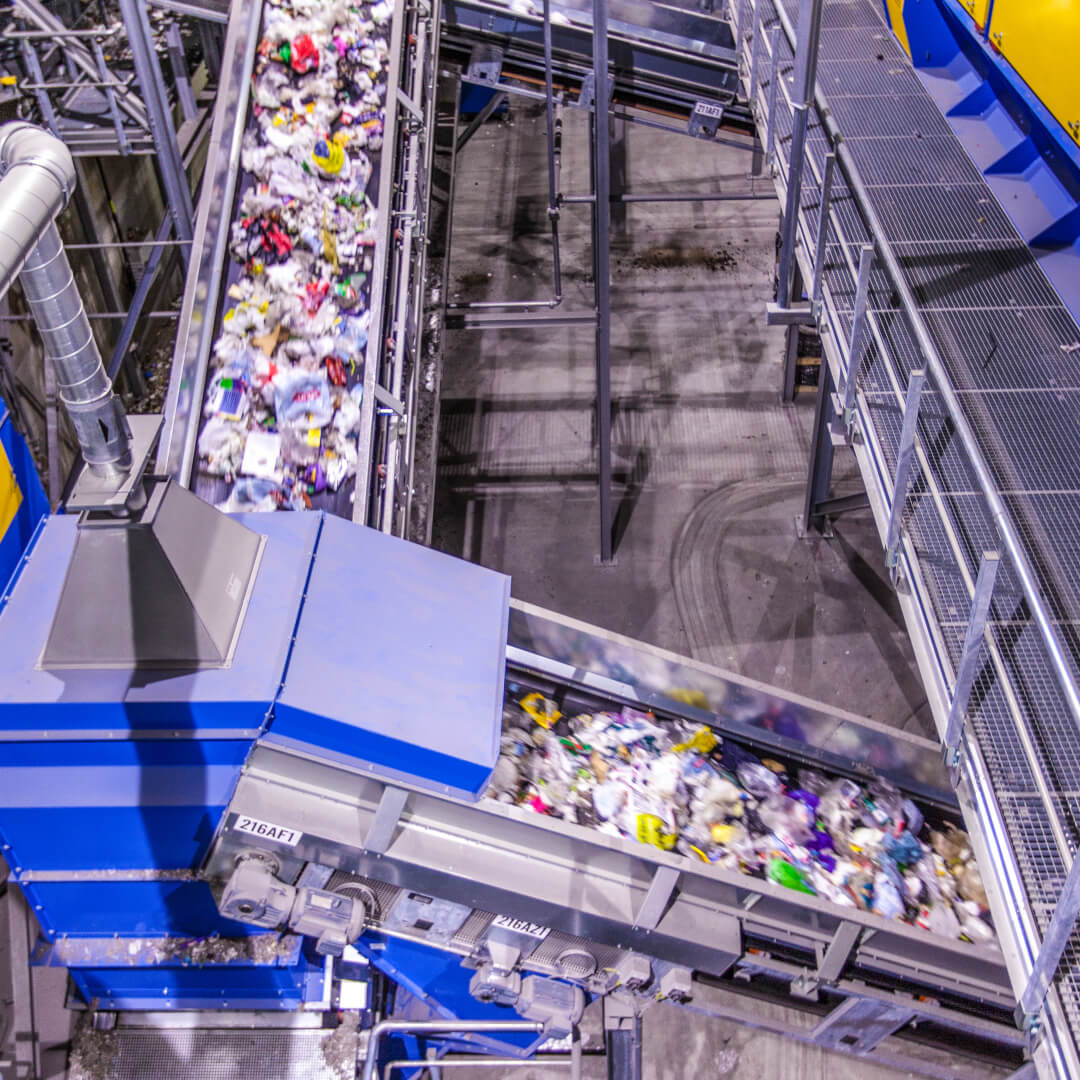
Technological Innovations in MSW Recycling
1. Artificial Intelligence and Robotics
One of the most significant developments in MSW recycling is the integration of artificial intelligence (AI) and robotics. These technologies are revolutionizing the way waste is sorted and processed. AI-powered sorting machines use advanced algorithms to identify and separate different types of waste with unprecedented accuracy. Robotic arms equipped with sensors can pick and place items into the appropriate bins, significantly reducing contamination and increasing the quality of recyclables.
2. Biodegradable Waste Conversion
Another key area of innovation is the conversion of biodegradable waste into valuable resources. Anaerobic digestion and composting technologies are being refined to convert organic waste into biogas and high-quality compost. Biogas can be used as a renewable energy source, while compost enriches soil and supports agricultural productivity. These processes not only reduce the volume of waste sent to landfills but also create economic opportunities.
3. Advanced Material Recovery Facilities (MRFs)
Material Recovery Facilities (MRFs) are becoming more sophisticated, incorporating state-of-the-art equipment to handle a wide range of MSW. Modern MRFs use a combination of mechanical, optical, and magnetic sorting techniques to process mixed waste streams efficiently. These facilities are designed to maximize the recovery of valuable materials such as plastics, metals, and paper, thereby reducing the need for virgin resources.
Global Case Studies
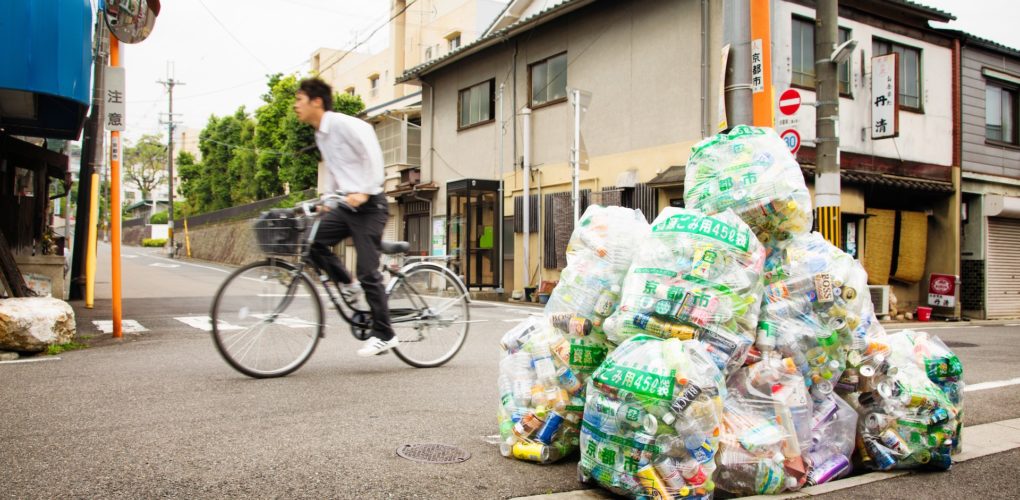
Sweden: A Model of Zero-Waste Management
Sweden is often cited as a leader in waste management, with a focus on recycling and energy recovery. The country has implemented a comprehensive MSW recycling system that includes advanced MRFs, widespread public education, and incentives for recycling. As a result, Sweden has achieved one of the highest recycling rates in the world, with less than 1% of household waste going to landfills.
Japan: High-Tech Solutions for Urban Areas
Japan faces unique challenges due to its dense population and limited land availability. To address these issues, the country has developed high-tech MSW recycling systems that incorporate automated sorting and compact processing facilities. Japan's waste-to-energy plants convert non-recyclable waste into electricity, reducing the environmental impact of waste disposal and providing a reliable energy source.
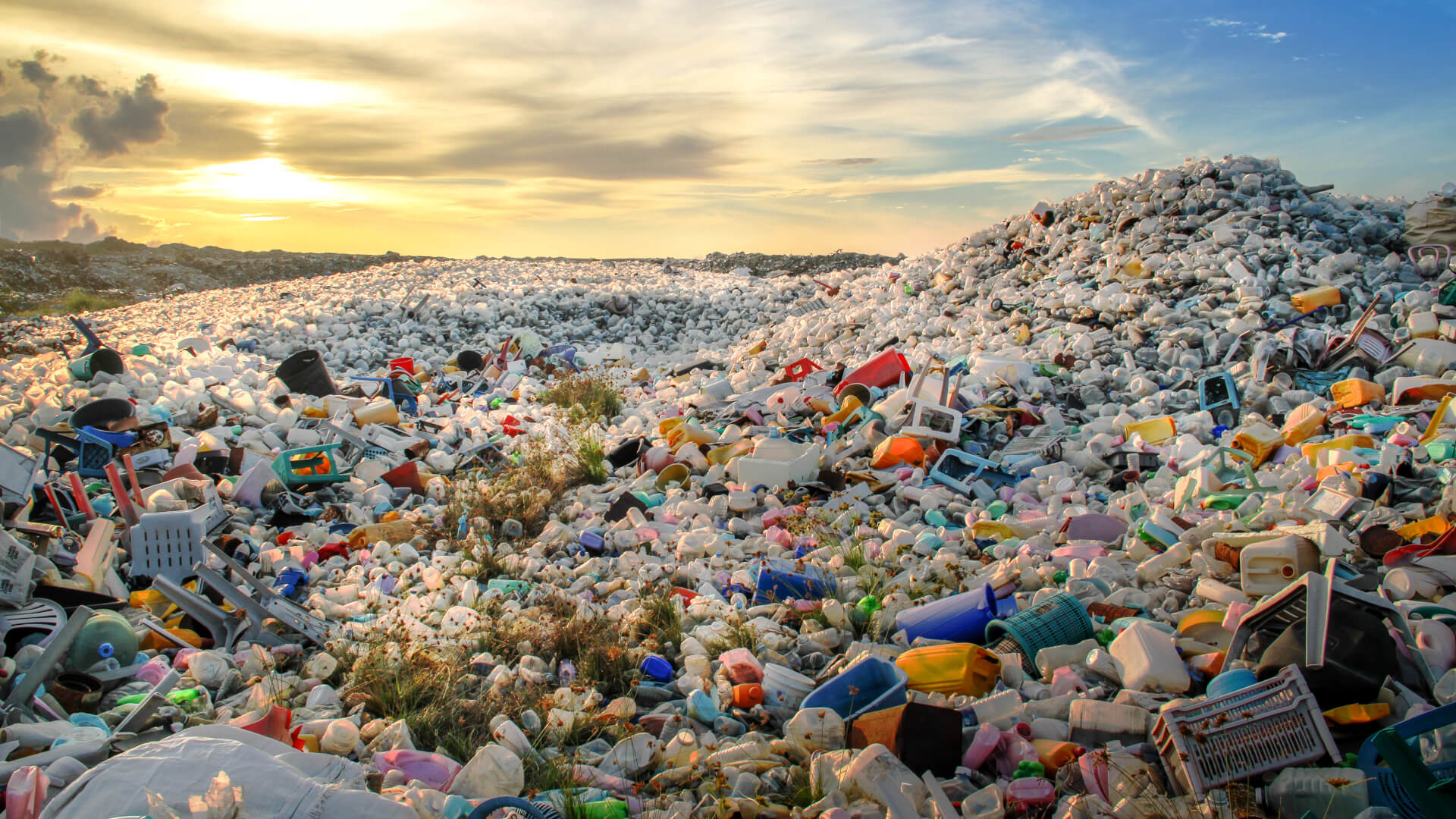
Future Outlook
The future of MSW recycling systems looks promising, with continued advancements in technology and increasing global awareness of the importance of sustainable waste management. Governments, businesses, and communities are collaborating to develop and implement innovative solutions that reduce waste, conserve resources, and protect the environment.
As we move forward, the integration of smart technologies, the adoption of circular economy principles, and the promotion of public engagement will be essential in achieving a more sustainable future. The global community must continue to invest in research and development to ensure that MSW recycling systems remain at the forefront of environmental innovation.
-
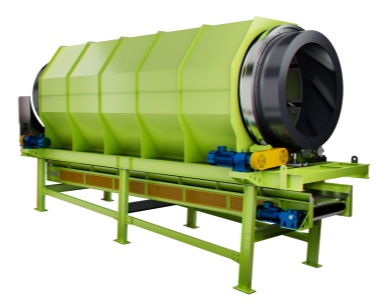 Trommel screenTrommel screen, also known as drum screens, are widely used in various industries for sorting and separating materials.Get Quote
Trommel screenTrommel screen, also known as drum screens, are widely used in various industries for sorting and separating materials.Get Quote -
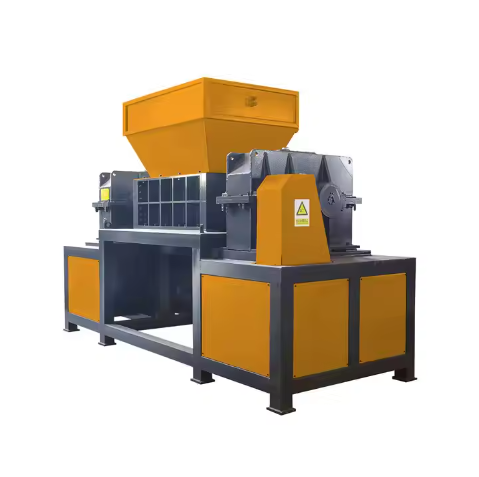 Crop straw double shaft shreddApplications:Biomass Energy Production: Shredded straw can be used as a feedstock for bioenergy plants to produce electricity or heat.Livestock Feed: Reduced-si...Get Quote
Crop straw double shaft shreddApplications:Biomass Energy Production: Shredded straw can be used as a feedstock for bioenergy plants to produce electricity or heat.Livestock Feed: Reduced-si...Get Quote -
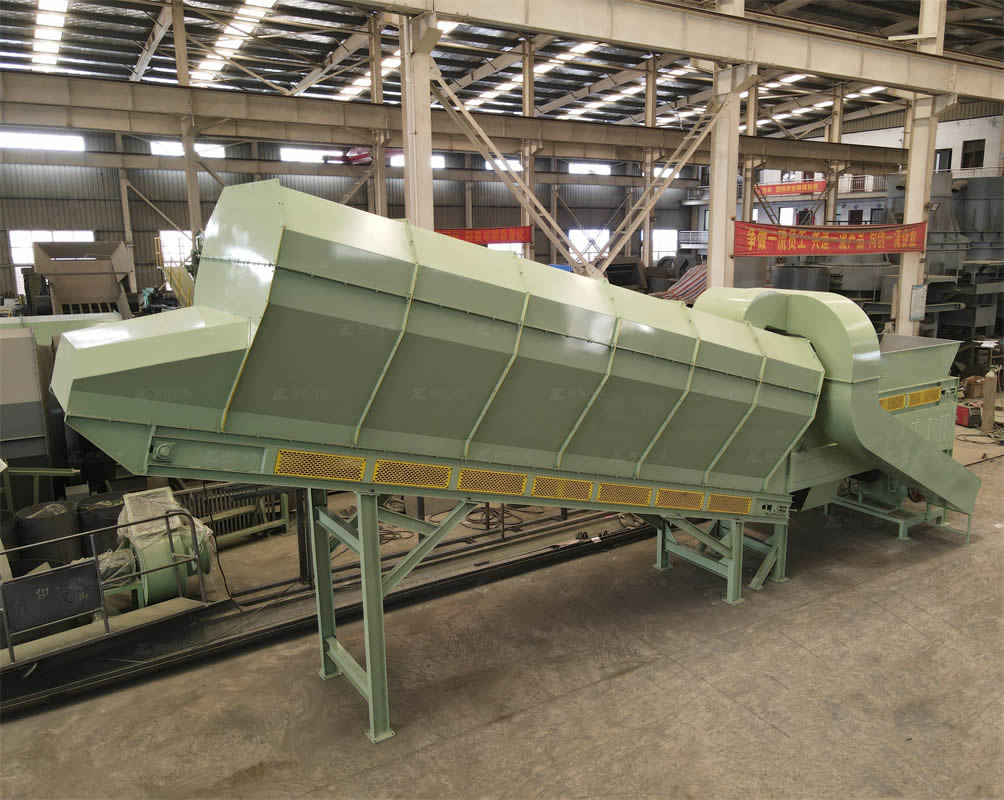 Zhongcheng Air Drum SeparatorAir drum separators effectively separate lightweight materials (e.g., plastics, paper) from heavier materials (e.g., metals, glass). This high efficiency is cru...Get Quote
Zhongcheng Air Drum SeparatorAir drum separators effectively separate lightweight materials (e.g., plastics, paper) from heavier materials (e.g., metals, glass). This high efficiency is cru...Get Quote
-
2023-01-12Waste Baler For MSWHigh density solid waste balers are the final step before sending waste to landfill. Horizontal balers designed and manufactured for this difficult job and prov...
-
2024-06-05Can the Angle of the Ballistic Separator Be Adjusted?Ballistic separator is a type of mechanical sorting device used primarily in the recycling industry to separate materials based on their physical properties. It...
-
2024-08-12The Advantages of Horizontal Baling TechnologyA horizontal baler, also known as a horizontal baling machine, is a piece of equipment used for compressing materials and wrapping them into bales. This process...
-
2024-05-18C Series Jaw CrusherC series jaw crusher is a jaw crusher with excellent performance introduced and developed by zchmachinery according to the market demand. Compared with traditio...
-
2024-08-06Plastic double shaft shredderOperation:Feeding: The plastic material is fed into the shredder through the infeed system.Shredding: As the material enters the shredding chamber, the rotating...



